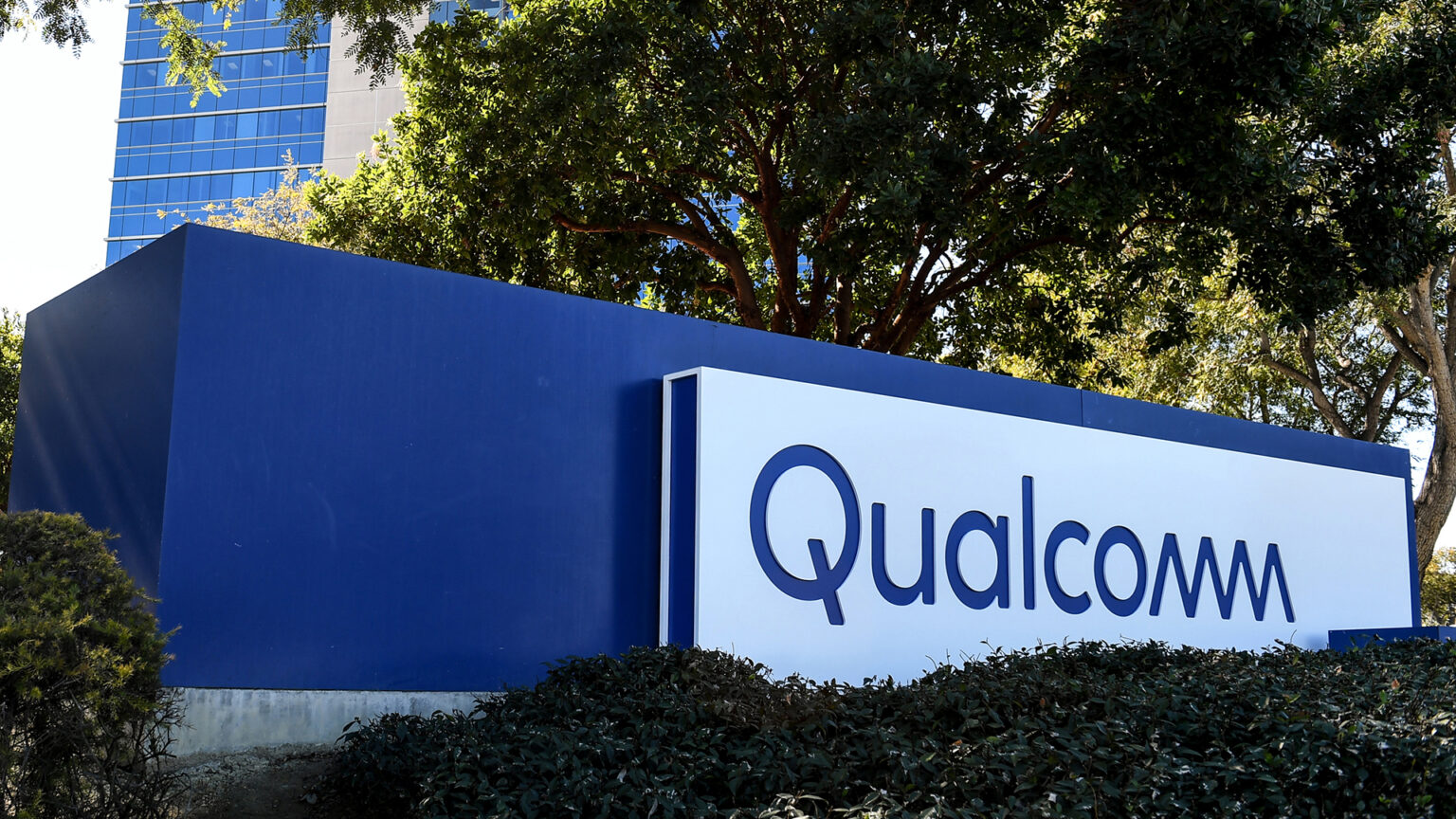Qualcomm is facing a duel – a trial that could redefine the relationship between smartphone manufacturers and chip suppliers is set to begin at London’s Competition Tribunal in October. UK consumer organisation Which? accuses the company of abusing its dominant position by forcing smartphone manufacturers – including Apple and Samsung – to pay exorbitant royalties regardless of the use of Qualcomm chips. The claims amount to £480 million (approximately US$646.8 million) and are expected to affect nearly 29 million consumers who have bought iPhones or Samsung phones since 2015.
Which? argues that the practice of ‘no license, no chips’ acts as a hidden tax: royalties are collectively passed on to users, regardless of Qualcomm’s actual technological contribution to a particular device. Qualcomm maintains that the licensing of standard-essential patents (SEPs) is in line with market norms, and the lawsuit misrepresents the relationship between chip sales and patent royalties.
Although it is a state class action, the key question will not be directly the amount of damages – that can be determined later – but the admissibility of the class action and the link between Qualcomm’s policies and consumer harm. The court’s interest has already been aroused by the very manner in which the expert reports were prepared: the new president of the Court has criticised the excessiveness of the evidence and the subjectivity of the industry’s pre-trial analysis.
This is not the first time Qualcomm has come under fire for antitrust allegations. In the US, in a dispute with the Federal Trade Commission (FTC), an appeals court overturned an earlier ruling that the ‘no licence, no chips’ policy violated antitrust law. In California, a consumer lawsuit from 2023 was dismissed.
For the technology industry – especially low-cost smartphone manufacturers – the London judgment could set a precedent. If the Court upholds Which? arguments, it will open the floodgates for similar claims in other markets. If Qualcomm wins, however, it will have a strong argument for maintaining its licensing strategy.












